Cycles of Violence
Netflix’s ‘D.P.’ Demonstrates How Violence Begets Violence
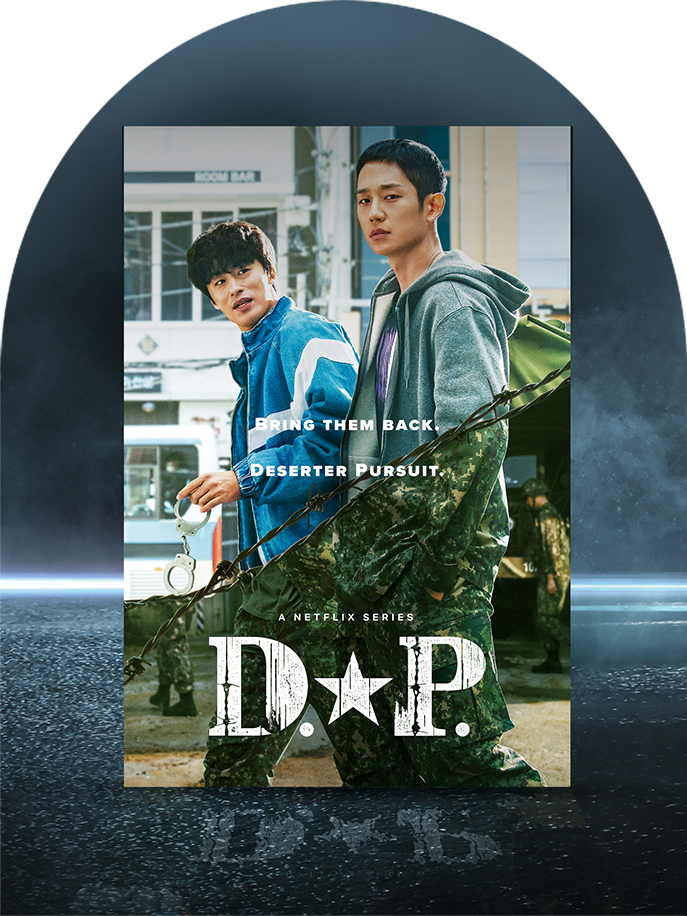
WRITTEN BY
Ahn Soong-beum,
film critic, professor at Kyung Hee University and director of the K-Cuture·Story Contents Research Institute
Photos courtesy of
Netflix
The Netflix original series “D.P.” debuted on Aug. 27, 2021. Based on the webtoon “D.P Dog’s Day,” the series was directed by Han Jun-hee, whose previous films include “Coin Locker Girl” and “Hit-and-Run Squad.” He also wrote the screenplay with Kim Bo-tong, the artist behind the original webtoon. The series has won praise for its vivid descriptions of the lives and duties of Korean military police officers tasked with finding and arresting deserters.
“D.P.” isn’t a mega hit like “Squid Game.” Nor does it have the genre thrill of a series like “My Name.” It might not be as imaginative as “Hellbound,” either. Yet critics loved it, as did the public, despite Koreans being relatively unfamiliar with military dramas. In particular, among Korean men, the drama sparked a conversation over the question of continuing abuses in the military, with men comparing their own individual experiences.
What’s even more interesting is that “D.P.” managed to capture the attention of overseas audiences for so long. Many non-Korean watchers of the series might have a hard time understanding Korea’s strict system of mandatory military service. In fact, Korea has a very exceptional, very particular national security environment. Most overseas audiences believe the Cold War has ended. But in Korea, mandatory military service has been in place for over 70 years since it began during the Korean War. The period of mandatory military service has decreased significantly over time, and is now just 18 months, at least for the Army. Nevertheless, Korean men in their 20s naturally must be prepared to sacrifice their time to the state.
To avoid misunderstanding, Koreans today don’t live under the threat of war. However, it’s nonetheless true that officially, the Korean War ended in a “truce.” So the Korean military really enforces regulations and order. From a steely-eyed perspective, the military is a well-organized group evaluated for its ability to execute a war. Its heteronomous network based on ranks and orders restricts the individual. The military is also a place that actively encourages excessive sympathy and pride in “us.” It prepares violence against “those” that threaten “us.” Caution towards enemies cannot be distinguished from pure patriotism, while “we” becomes a form of mutual dependency to protect yourself from enemies.
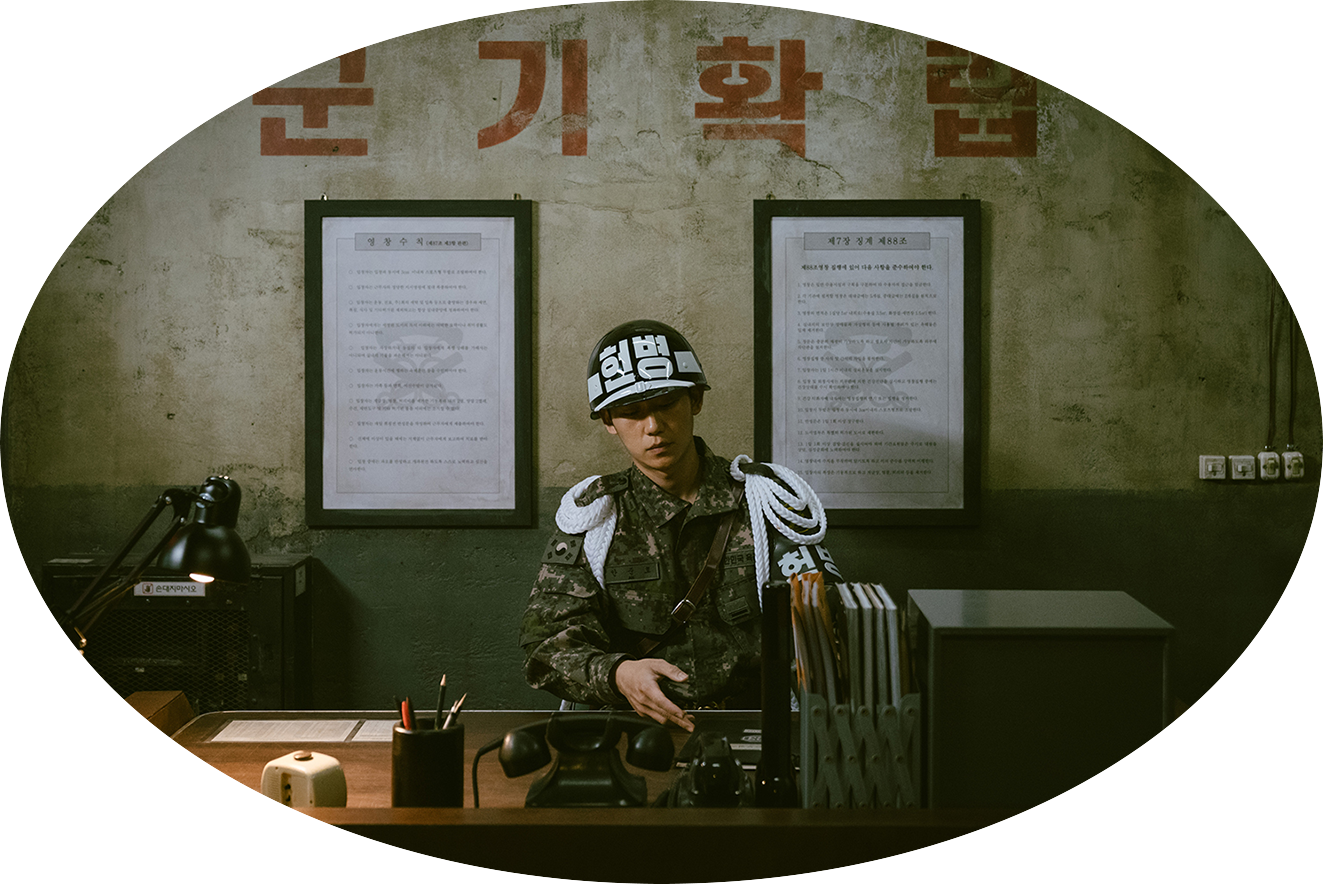
Addiction to Power
D.P. minutely depicts life in the Korean military, in particular how military police carry out special duties. But it also demonstrates how human violence manifests itself in special situations. This is where it introduces the “Milgram experiment,” which demonstrated how violent ordinary people can become while submitting to authority. The Stanford prison experiment, too, showed that people don’t question violent orders from those in authority as they torture others. As we can deduce, of all the social communities we can experience, the military is the one that stresses rank-based authority most. What we must remember, though, is that it’s easy to get drunk on power in a culture of control based on authority. This addiction to power grows dangerous when it leads to attacks on the weak and feelings of pleasure from the violence. If this mechanism becomes structural, violence can become traditional and conventional, too.
“D.P” employs a clever strategy to lure Korean viewers, making effective use of shots that recall military life to strengthen its message.
For example, sprinkling water on the floor of the barracks to maintain humidity, burning the boots of new recruits ahead of going on leave, younger soldiers screaming out how many days left they have until they are discharged, images of drinks and instant noodles available only in the military―these put viewers back inside the barracks. The scenes have nothing to do with the plot. But they do begin to involve Korean viewers ever more deeply in the tragedy that unfolds in the series.
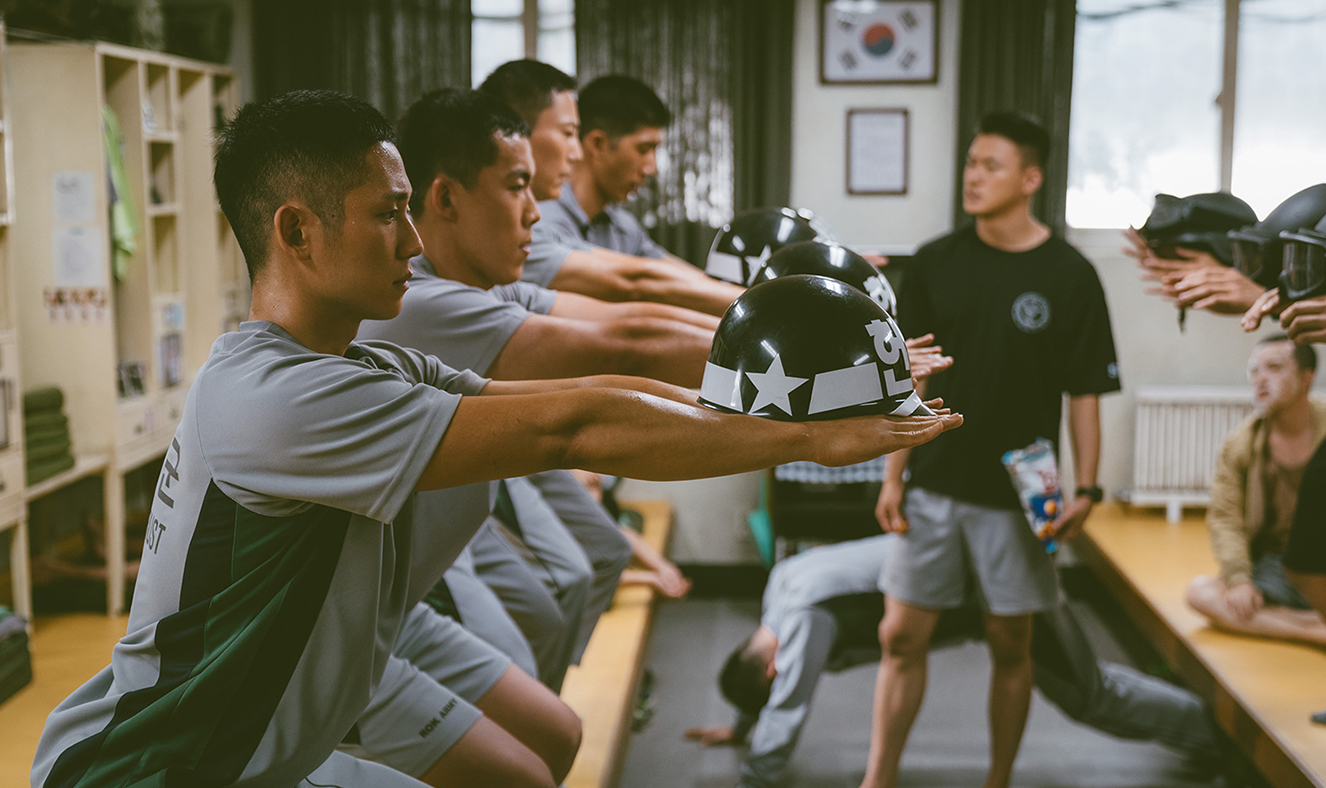
‘D.P.’ follows a military police team tasked with tracking down deserters. The series casts light on abuses that take place in the Korean military.
The realistic narrative stage becomes a space to test the destructiveness of trauma from violence. From the day he is deployed to the 103rd Division’s military police team tasked with bringing in deserters, Ahn Joon-ho is subject to great trauma. After getting drunk at the insistence of senior soldiers, he misses his chance to catch a deserter. The deserter commits suicide that very day. Angered that he could not save the life of the deserter, he beats the senior soldier after he goes to sleep. The face of the senior soldier then transforms into Ahn’s face. His anger at his senior soldier was intertwined with anger towards himself from childhood. He suffered the trauma of being unable to protect his mother from his violent father.
Ahn, who used to box, also confesses that he learned the skill to avoid being beaten by his father. He also said he’ll really smile when his father dies. In this, we can see the “virus” of violence, which can easily be passed down like an inheritance from the abuser to the abused.
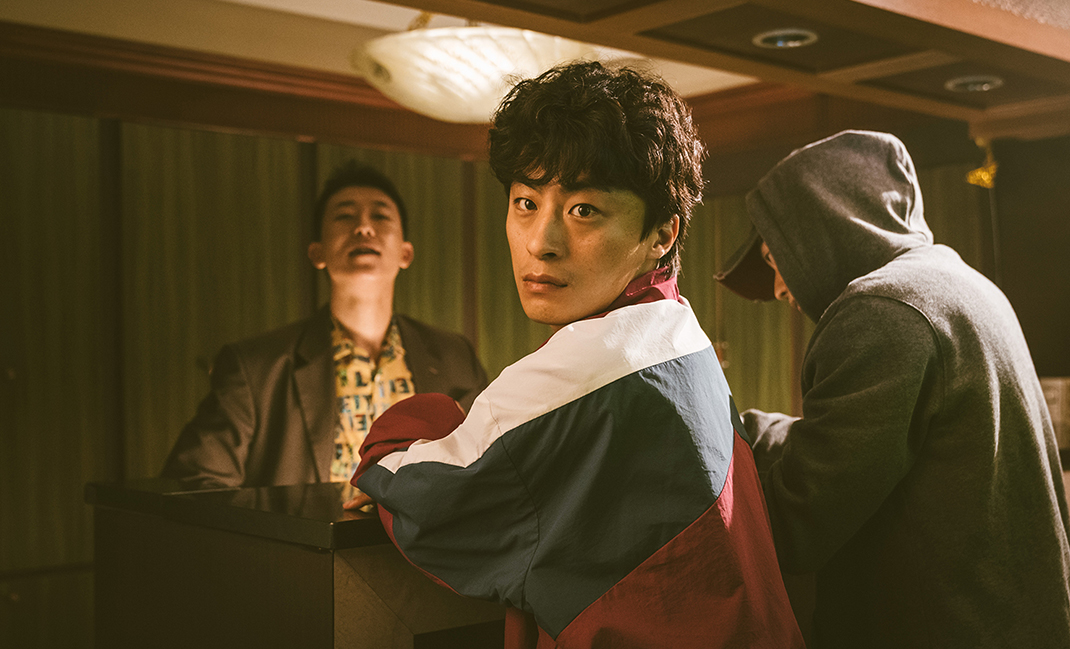
‘D.P.’ follows a military police team tasked with tracking down deserters. The series casts light on abuses that take place in the Korean military.
Tale of Deserters, Too
We must also mention the desertions of Choi Joon-mok and Jo Suk-bong. Once you become an “outcast” from a unit you must spend all day with, it’s hard to avoid tragedy. Choi was subject to collective violence just because he snores. Eventually the military police found him at the final subway stop after service had ended. When he awoke in the subway, the last train, he asked, “Where is this?” He’s long lost his aim in life. When he heard it was the last stop, he said, “I guess there’s nowhere else to go.” Last stop, last train… the images here are very important. They ask whether it’s possible to live free of violence.
Jo, meanwhile, is a kind character who wouldn’t hurt a fly. He even has the nickname “Bongdhi,” from his name Suk-bong and “Gandhi.” But the world won’t leave this introverted pacifist alone. The pain he must endure makes us ask, “This kind of thing continues to happen in the military?” The worst abuses no longer occur so often in today’s military, and the tension of military life is likely more reasonable. Yet the so-called negative compensation mentality―that “you must endure what I have endured”―can always rear its head in a rank-based community.
Jo finally explodes when a senior soldier who tormented him talks about “good memories” as he is discharged. He asks, “What good memories? Say you’re sorry!” He later finds the soldier, who has returned to civilian life, and brings him to a meaningful place, namely, a military operations tunnel with an air raid shelter in a civilian off-limits area controlled by the 103rd division.
At the end of the tunnel, instead of killing his tormentor, Jo points the gun at his head and pulls the trigger. In this tragedy, we see the endless trauma and the heightened crisis of the community born of violence. Jo committed suicide, but it’s something closer to a collective murder by his tormenters and those who stood by and watched. Perhaps the violence Jo endured will subside within his unit for the time being. Yet “D.P.”’s ending scene is even more depressing than its opening. Knowing no reflection, the violence of Home Violence simply rests, but will revive in one’s own life. We end with an observation by philosopher Roger Dadoun, who said that when we can stare at the surprising affinity and cooperation between authority and violence, we can make violence a thing of the past.
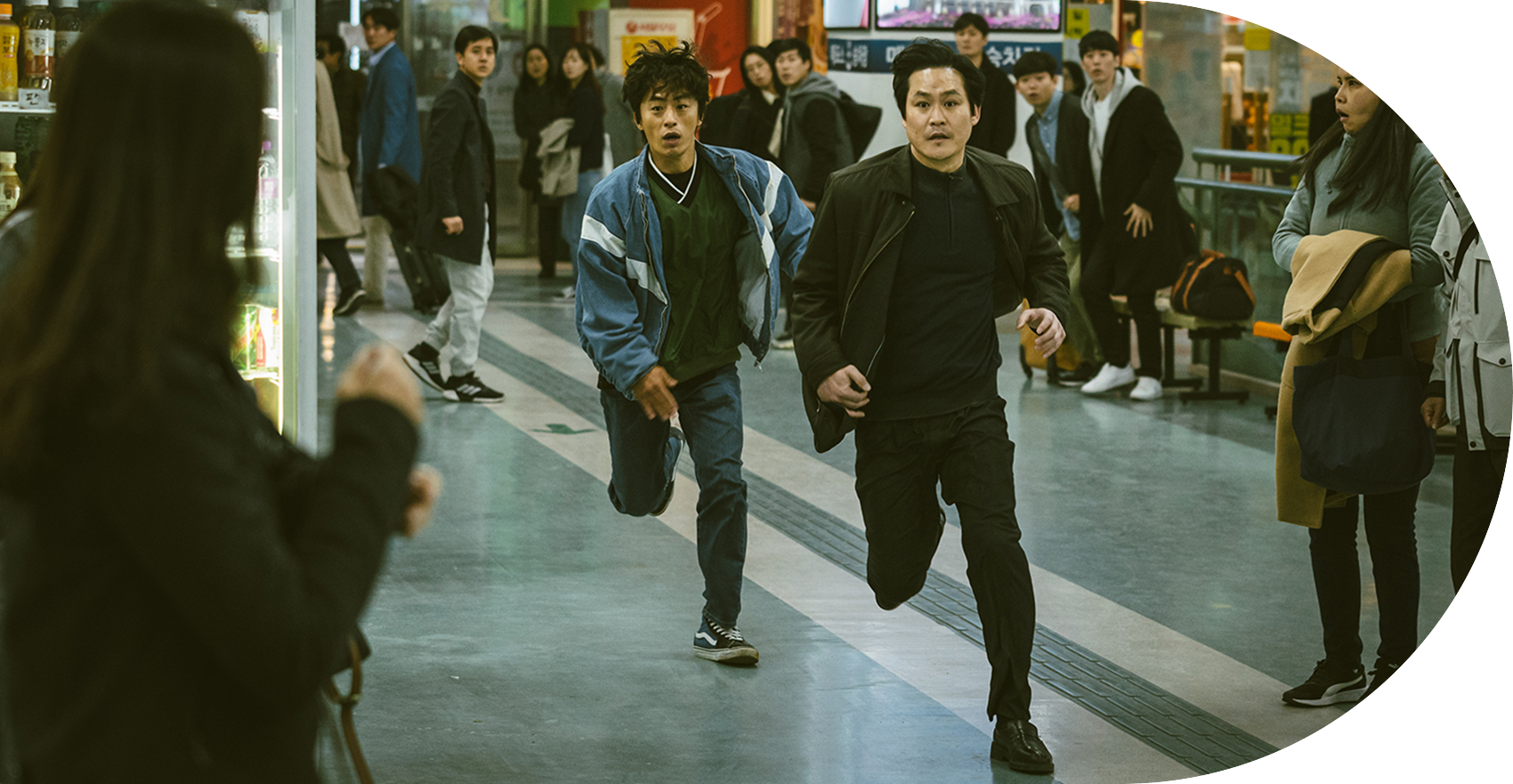
‘D.P.’ follows a military police team tasked with tracking down deserters. The series casts light on abuses that take place in the Korean military.
Other Articles
-

Special Ⅰ A School for Families
-

Special Ⅱ Hub of Artistic Exchange
-

Trend Nostalgic Flavors
-

Hidden View Garden for All
-
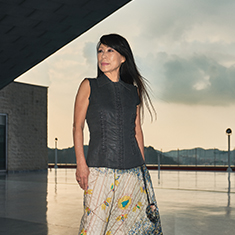
Interview Composer Unsuk Chin
-

Art of Detail Magnificent Munsal
-
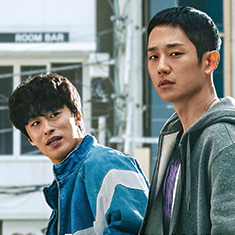
Film & TV D.P.
-
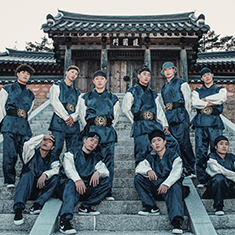
Collaboration Tradition Becomes Hip
-
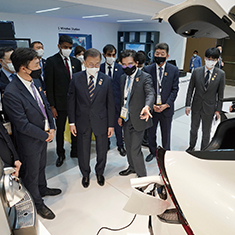
Current Korea Korea’s Deeper Ties with UAE, Saudi Arabia, Egypt
-
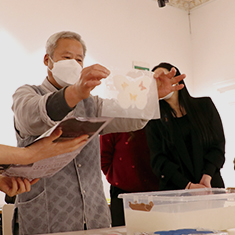
Global Korea Hanji Art Workshop in Italy
